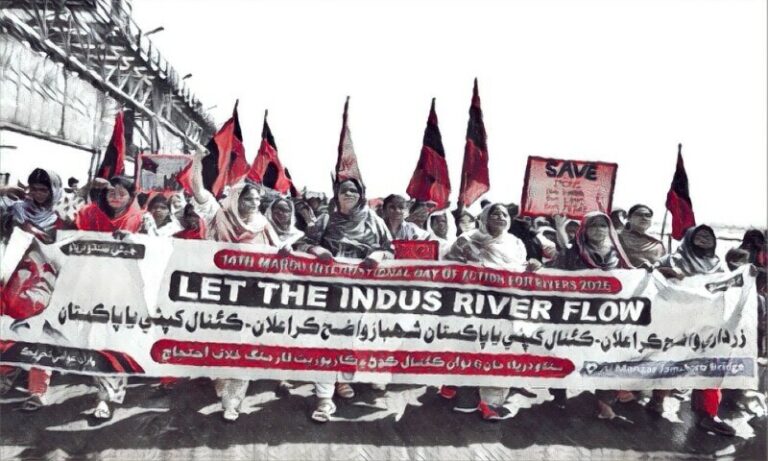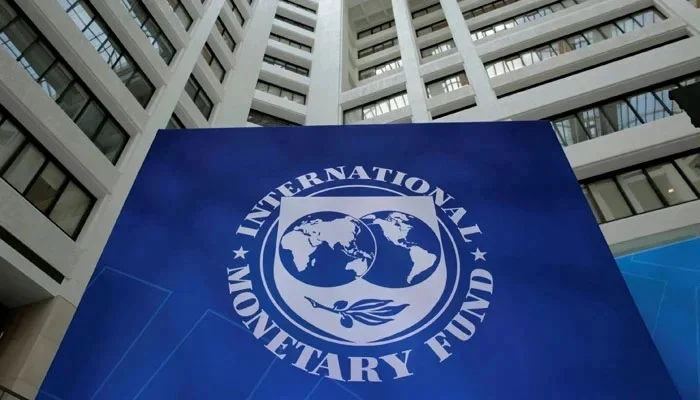Is Israel Entrenching Its Occupation of the Golan Heights?
Israel’s actions in the Golan Heights continue to stir controversy and raise questions about its long-term intentions. Occupied during the 1967 Six-Day War, this region has immense strategic value, with fertile lands and vital water resources. Despite international condemnation, Israel remains resolute in expanding its presence, a move that critics argue could destabilize the already volatile Middle East.
Illegal Settlements and Global Criticism
The Golan Heights, occupied by Israel since the 1967 Six-Day War, has become a focal point of international condemnation. Israel has constructed over 30 settlements in the region, housing more than 25,000 Jewish settlers. These settlements, widely regarded as illegal under international law, continue to expand. Recently, Israel approved an $11 million plan to enhance infrastructure and services for existing settlements while incentivizing new settlers to move in. The United Nations and many countries oppose these moves, labeling the occupation “null and void.” Despite this, Israel’s leadership remains steadfast in its plans, citing security concerns.
Strategic Importance of the Golan Heights
Stretching across 1,800 square kilometers (700 square miles), the Golan Heights holds strategic significance for Israel and Syria. Fertile lands, vital water sources that feed the Jordan River, and a commanding geographic position make the region a coveted asset. For decades, the Golan Heights has been a buffer zone in the volatile Middle East. A UN-monitored buffer separates Israeli-occupied territory from the Syrian-controlled areas. Yet, Israel’s actions to entrench its occupation risk escalating tensions in a region already marred by instability.
Security or Regional Instability?
Israel justifies its presence in the Golan Heights as a measure to safeguard its borders, especially following the fall of the Assad regime in Syria. Prime Minister Benjamin Netanyahu has argued that the region’s instability necessitates solidifying Israeli control. However, critics question whether these moves are about security or expanding territorial claims. Former Israeli Prime Minister Ehud Olmert has voiced concerns, suggesting that escalating tensions with Syria may provoke unnecessary conflict. Meanwhile, Syria, battered by years of civil war, lacks the capacity to challenge Israel’s dominance. The Golan Heights remains a symbol of enduring conflict and shifting power dynamics. While Israel tightens its grip, the world is left to question whether these actions are a defensive strategy or a provocation that risks further instability in the region.














